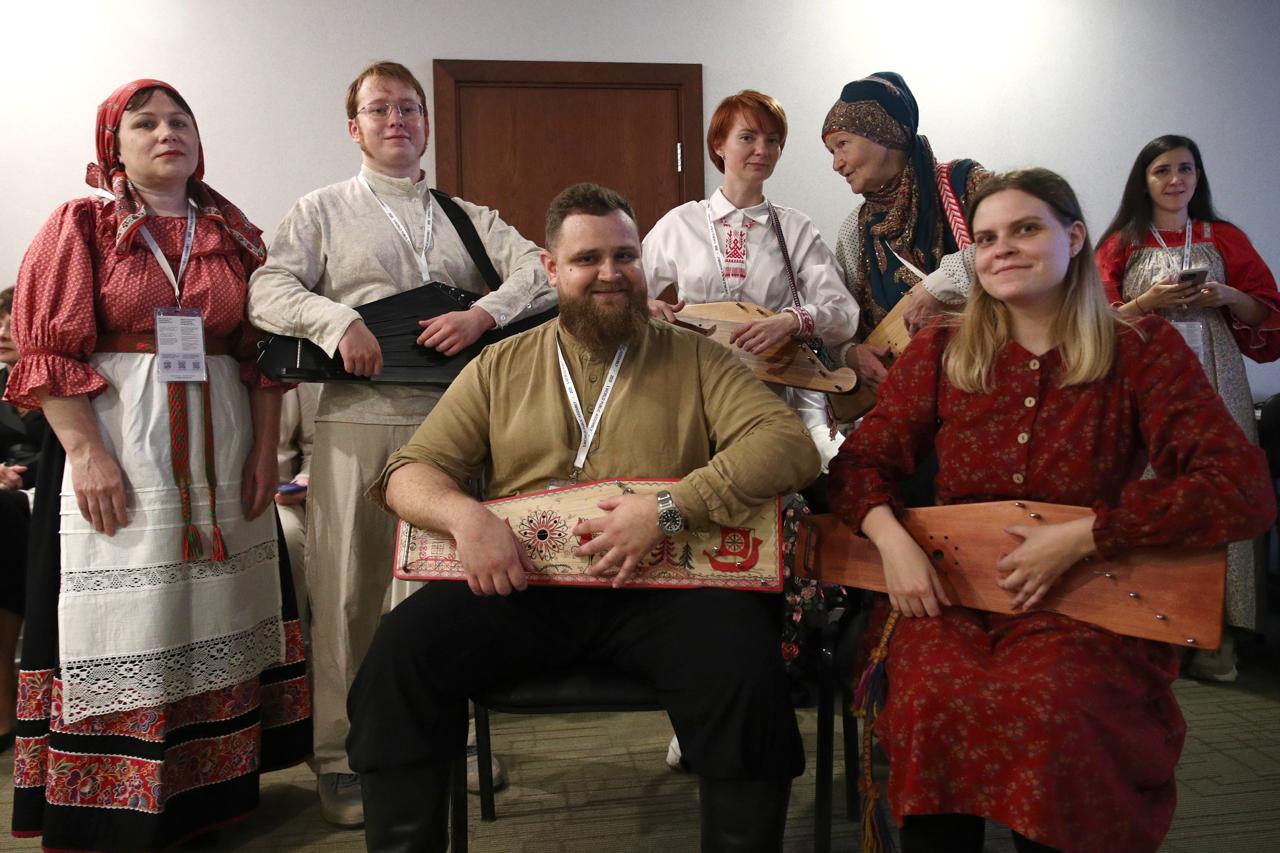Family is the Beginning of All Beginnings: WPA Experts Call for Revival of Ancestral Culture

Moscow, September 2025
As the world undergoes rapid transformations that blur borders and strain cultural identity, the First World Public Assembly placed a spotlight on one of humanity’s oldest foundations — the family. At the round table “Ancestral Culture: Family — Kin — People — Human Race”, experts from across the globe stressed that ancestral culture is not a relic of the past, but a living force essential for humanity’s future.
Moderator Larisa Dokuchaeva, Doctor of Philosophy and Integrative Psychology and President of the Family XXI Century Foundation, opened the session by warning of the dangers posed by weakening family institutions and generational ties:
“Ancestral culture is not archaic, it is a living force that forms a personality, its moral core, and its ability to resist chaos.”
Her message set the tone for a series of interventions that underscored the role of family as the bridge between past, present, and future.
-
Prof. Viktor Makarov, Vice-President of the World Council for Psychotherapy, highlighted the family’s psychotherapeutic mission, calling it a source of psychological resilience.
-
Dr. Stoyana Natseva (Bulgaria), founder of the Happy Life Academy, spoke about the power of acceptance within families as a path to peace and balance.
-
Elena Leontieva (Spain), consultant genealogist, stressed the importance of family identity, particularly for foster children who often live between “two cultures.”
-
Alexei Biletsky (Belarus), genealogist, defined genealogy as a science of reconciliation and “the restoration of the living memory of generations.”
From Central Asia, Kan-ool Davaa, Chairman of the Supreme Khural of Tuva, reminded participants of the ancient Turkic nomadic civilization rooted in Altai, Tuva, and Khakassia — traditions that continue to shape modern identities.
The experts agreed that family and ancestral culture go far beyond private life. They are the basis of identity, moral integrity, and social cohesion. “Ancestral culture is a bridge between a person and their ancestors, between generations, between peoples,” the round table concluded.
The adopted resolution stressed that through family, kinship, and shared cultural heritage, humanity preserves respect, responsibility, and continuity. Without these values, the world risks losing its moral compass.
The discussion was followed by an interactive program where participants engaged directly with ancestral themes:
-
A live exhibition titled “Family Tree” showcased genealogical connections.
-
An interactive game “Kin – the Link of Generations” emphasized continuity between past and future.
-
The event culminated in a collective “Round Dance of the Kin”, symbolizing unity and intergenerational solidarity.
In a world where technological and geopolitical changes threaten to fragment societies, the World Public Assembly underscored that family is the “beginning of all beginnings.” Preserving ancestral culture, participants concluded, is not merely a cultural duty — it is humanity’s chance for a harmonious and sustainable future.
